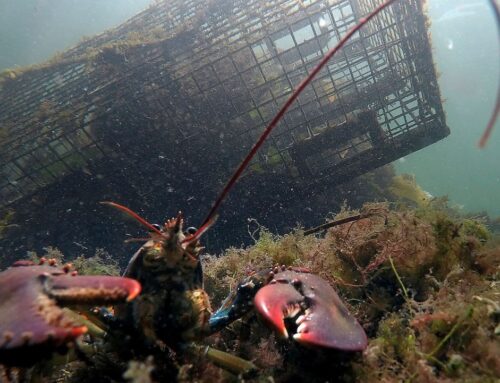Harris County secures legal win against TCEQ over grace period for concrete plants
October 30, 2025

In a legal win for Harris County, a Texas district court has ruled that the state’s environmental quality commission may have failed to protect public health by giving plant operators nearly a decade to comply with new standards.
The court’s ruling requires the Texas Commission on Environmental Quality [TCEQ] to go back and fix the delay in compliance.
The issue stemmed from the environmental quality commission’s attempt to give new concrete-producing facilities in Houston and across the state up to 10 years, or until they renew permits, to comply with more stringent operational requirements adopted by the commission. Last week, Travis County Judge Amy Clark called the commission’s direction “arbitrary and capricious.”
The lawsuit filed by County Attorney Christian Menefee and local neighborhood groups asserts that the environmental quality commission’s new permit should be invalidated because it leaves county residents vulnerable to dangerous levels of pollutants.
Harris County has more than 140 concrete batch plants, many of which operate in clusters with low-resource and immigrant communities, according to the lawsuit. There are more than 1,200 active plants across the state.
In a statement to Houston Public Media, the environmental quality commission said it’s currently reviewing the ruling and will confer with the Office of the Attorney General to discuss next steps.
The state agency previously said that public concern about potential health impacts led to an air quality analysis that prompted stronger pollution-limiting requirements for concrete batch plants.
Concrete plants emit fine particulate matter like crystalline silica that can lead to lung disease. Amended standards by the environmental quality commission require operators of those facilities to further limit their hourly and yearly production rates and their stockpile sizes.
The newer standards also direct the facilities to expand buffer zones on their properties and amend methods for controlling dust emissions.
In a statement this week, Menefee said the commission’s pollution grace period “would have forced families to continue breathing harmful dust from older plants for another 10 years.”
“The state has a responsibility to fully protect its residents, not give polluters a free pass to keep operating under dangerous, outdated standards,” he said. “Harris County will not let the state greenlight more years of pollution in the very communities already overburdened by environmental harm. We cannot continue to act like the people who live near these facilities don’t matter. The court has made it clear: the TCEQ must do its job and protect all Texans now, not a decade from now.”
Harris County also sued the commission last year after it approved Texas Coastal Materials’ application to construct a concrete crushing plant in Kashmere Gardens following months of objection from residents and concerns from the county that the project may pose serious health risks to surrounding communities.
State law prohibits concrete crushing facilities from being less than 440 yards in proximity to schools and places of worship. Though the law doesn’t specify their proximity to hospitals, the proposed plant would be less than 440 yards from LBJ Hospital, which houses a non-denominational chapel.
Roxanne Werner, a spokesperson for the Harris County Attorney’s office, said that they are set for a hearing on the merits of the lawsuit next year.
Search
RECENT PRESS RELEASES
Related Post



